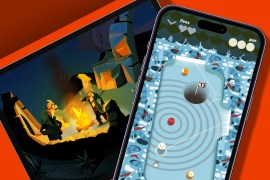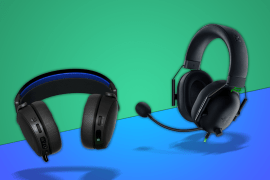App of the week: Euclidean Skies review
The sequel to one of mobile’s best puzzlers takes to the skies – and then punches your brain in the face
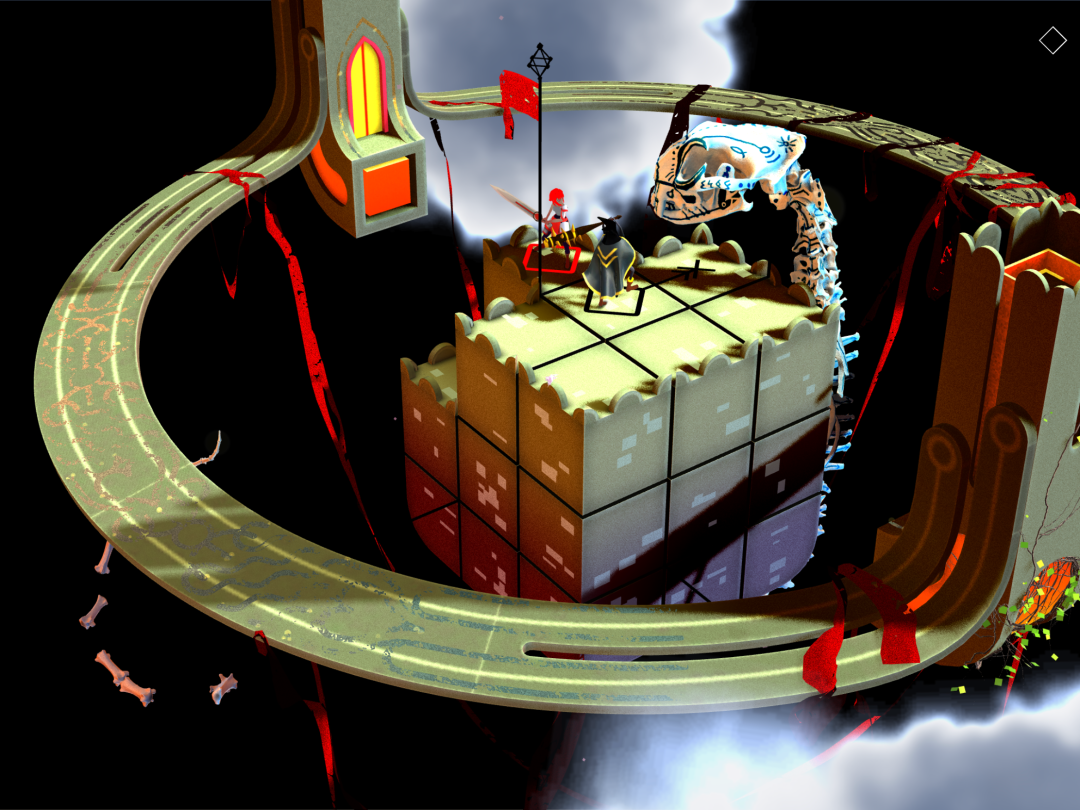
Euclidean Lands answered the question of what happens when you combine Hitman GO‘s clockwork turn-based puzzles, Monument Valley‘s aesthetics, and a Rubik’s Cube suspended in space. Euclidean Skies asks what happens if you take that framework and let the player tear each puzzle to bits, gleefully/confusedly deconstructing the blocky landscape before them.
The answer to that second query is your brains are repeatedly smashed out with a brick. This puzzler is, to put it mildly, perplexing, disorienting and hard-as-nails. Fortunately, it’s also another sterling example of the quality mobile gaming can aspire to.
Castles in the sky
Euclidean Skies takes place in a world visually richer than its predecessor’s – one where minimalism and a kind of effortless elegance are replaced by vivid colour, energy, texture, and a smattering of the surreal. This is a game in which a sword-wielding protagonist gleefully slashes at nearby foes, and where skeletal monsters wrap themselves around towers, waiting to strike should you unwisely venture too near their jaws.
This is also a much more complex outing, even if the basics remain much the same: in each level, your aim is to reach an exit, which is only unlocked once you’ve dispatched every enemy on the screen. Getting to them requires manipulating the very landscape before moving your character. But whereas Euclidean Lands was turn-based strategy across multiple planes – a stabby sort-of chess taking place on a Rubik’s Cube – Euclidean Skies invites you to unwrap the challenges it sets.
Block party
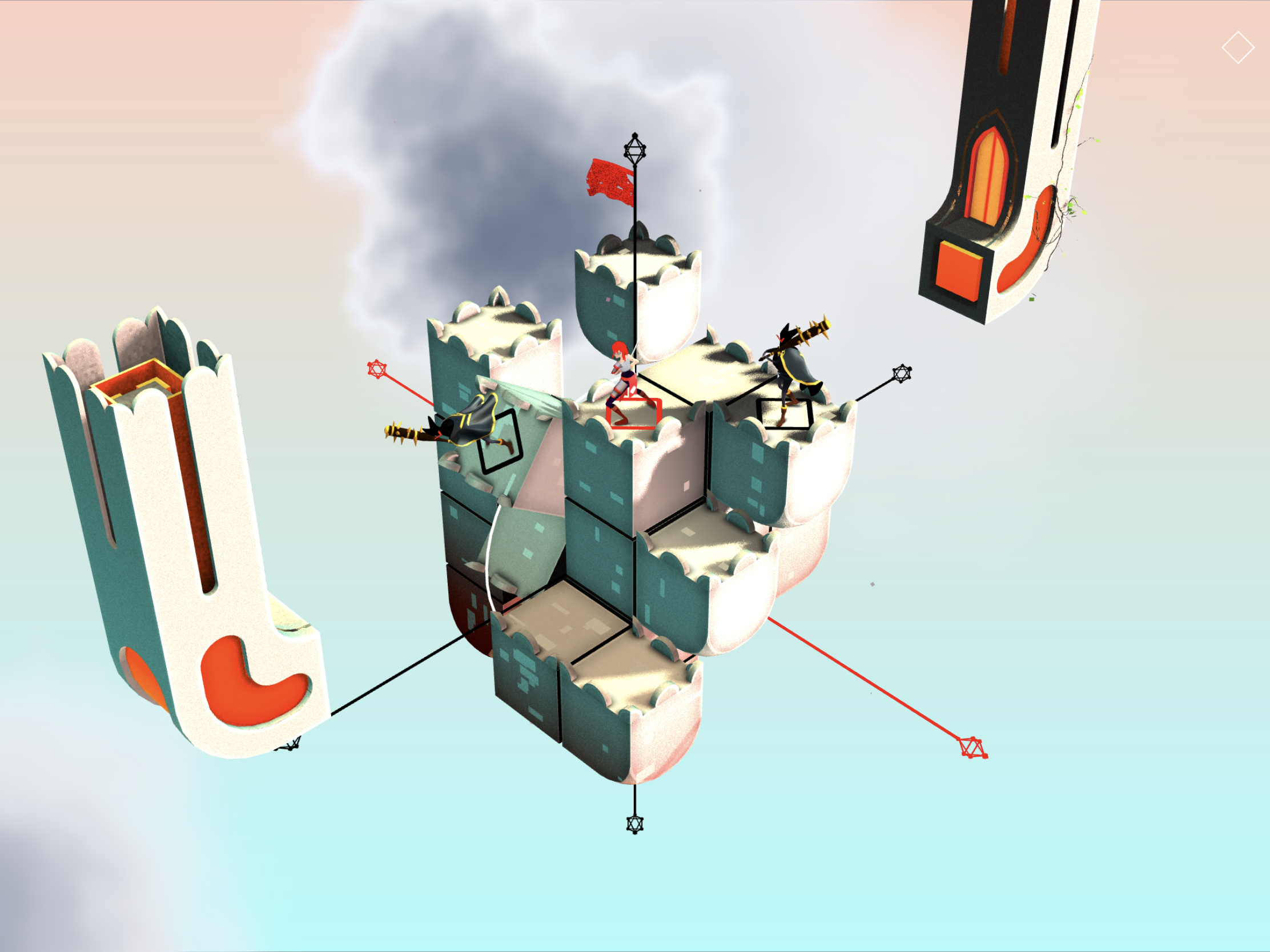
This flexibility may be welcomed from those who found the previous game too rigid, but things can quickly get messy. Go in without strategy, and you can find yourself staring at a semi-random heap of levitating blocks, enemies isolated on tiny islands, with no idea how to proceed. Frankly, even if you head in with a plan, you can still end up in such a position. It’s very easy to dismantle a puzzle, and can often be extremely tough to reform a scene into something coherent.
Yet a combination of trial-and-error and happy accidents keeps you going. There’s a gleeful moment the first time you realise you can twiddle a piece of scenery and squash an enemy against an outcrop. Then there’s a battle where twists and turns destroy a monster’s spine, allowing the rest of the puzzle to move. You realise that although Euclidean Skies is turn-based, an awful lot happens ‘between moves’, to the point you can more or less reform the entire landscape, thereby creating new pathways, stranding enemies, and triggering switches to open doorways.
Keep it down
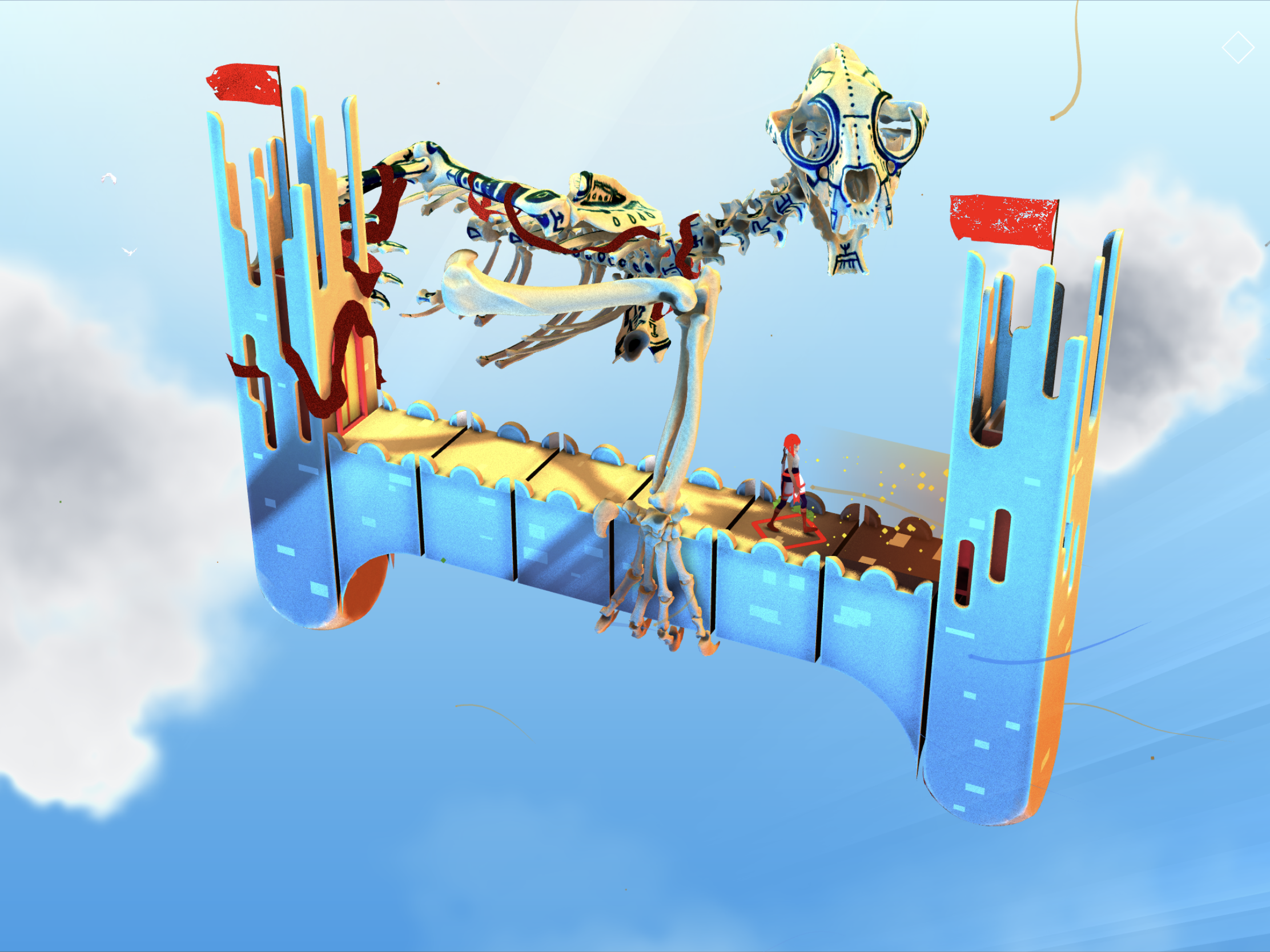
The downside to all this is that it can be fiddly and maddening. Because groups of blocks can be moved and spun about many planes, it’s easy to err. Drop the protagonist next to a foe and she’ll be quickly dispatched, which is infuriating if you’d spent the last ten minutes gradually working your way deep into one of the later puzzles. So keep your finger on the screen until sure you’re certain a move is the one you want to make.
The pause screen is also, frankly, weird. I accidentally reset levels a few times before realising the ‘resume’ button was the tiny, faded one in the top-right, and not the massive depiction of the level invitingly placed front and centre.
Still, these are minor quibbles in what’s otherwise a challenging, confident game – one that offers quite the achievement in managing to create such demanding and labyrinthine pathways from what are, remember, essentially single-screen puzzles.
Euclidean Skies is available for iOS.
Stuff Says…
A bit chaotic and fiddly, but this sequel is packed with new ideas and challenges, and matches its predecessor’s quality and ambition
Good Stuff
Looks gorgeous
Properly brain-thumping puzzles
Bad Stuff
Can be fiddly, especially on iPhone
Could do with once-per-level undos
Sound effects aren’t up to much


